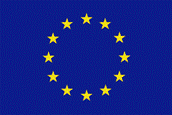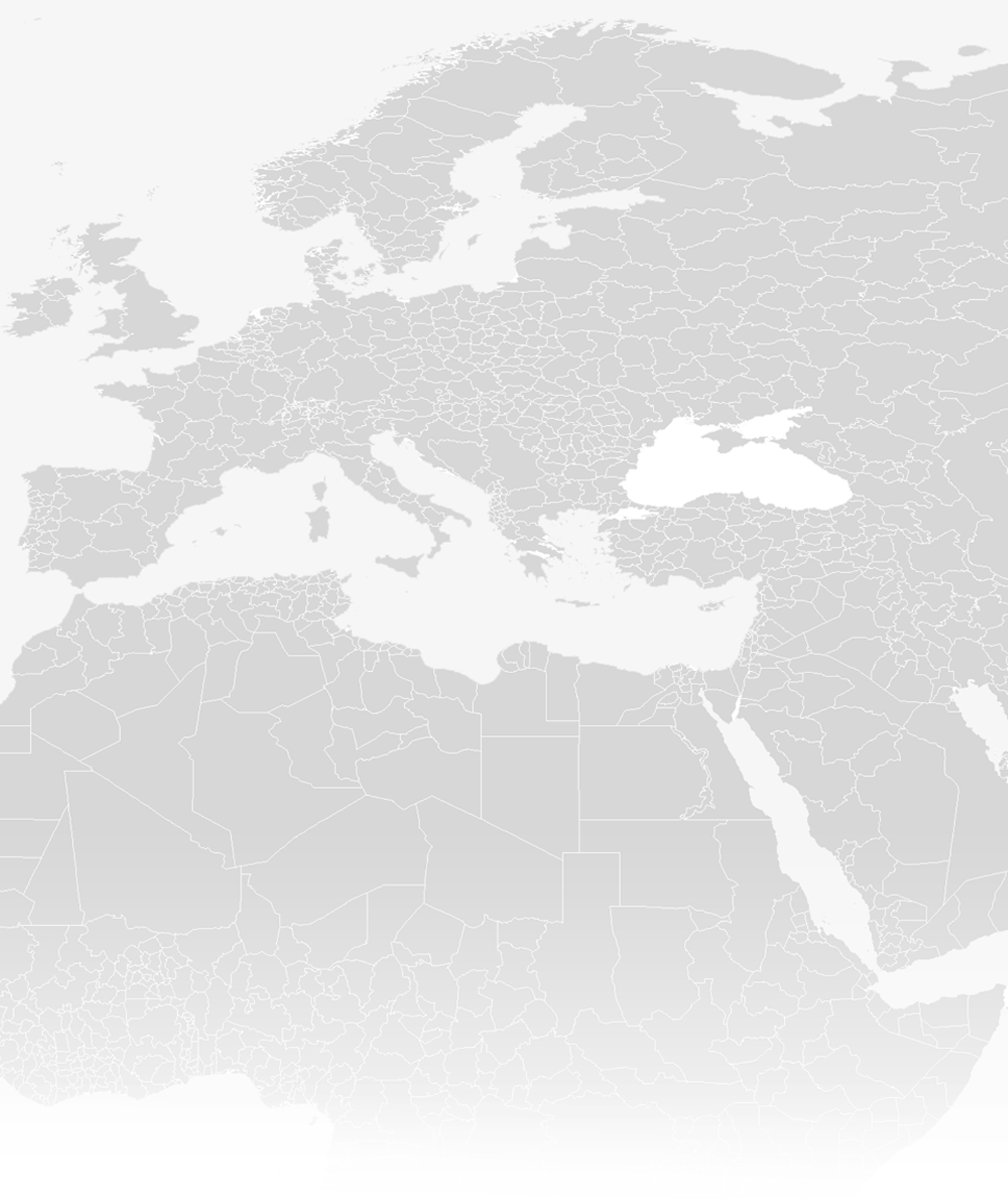

This project has received funding from the European Union Framework Program for Research and Innovation (SC5-18a-2014) under grant agreement nº 641538

International Institute for Applied Systems Analysis (IIASA) (Austria)
IIASA is a non-governmental research organization based in Austria.
IIASA’s work combines methods and models from the natural and
social sciences in analyses that provide policy insight on global change
issues for decision makers, the scientific community and the public
worldwide. IIASA is a PMO of GEO and has participated in numerous GEOSS projects. The IIASAESM
(Ecosystems Services and Management) program has a proven record in frontier science in the
fields of biophysical modelling of ecosystems, global forest and agriculture sector modelling, energy
modelling and policy assessment relating to integrated assessment of sustainability strategies as well as
the comparison and validation of satellite derived land cover products. IIASA-ESM also has expertise in
the area of crowdsourcing through the development of the Geo-Wiki crowd-sourcing and visualization
tool for improving land cover. IIASA will primarily be responsible for generating a network of earth
observation networks for Europe, and in particular clarifying the linkage between in-situ information and
satellite observations. Our long history of working with satellite-based information and in-situ data
particularly in the form of VGI means we can make a meaningful contribution to this project. IIASA has
the necessary IT infrastructure to perform the tasks in the project, both in-house and off-site. Furthermore,
IIASA has experience in the use of off-site servers and cloud computing and currently runs Geo-Wiki on
a Hetzner server, where the capacity will cover the needs of the project. Additionally, we have an inhouse
parallel computing system using Condor and excellent conference and meeting facilities.
It is also worth noting that the International Institute for Applied Systems Analysis (IIASA), supported by an extensive international network of its institutional members and collaborators, and in close collaboration with the European Forum Alpbach, has established a new generation of global think tank that includes some of the best minds in the world today: people who, independent of national and financial interests, are willing to place their collective knowledge, expertise, experience, and reputation at the service of the world community at this pivotal point in Earth's development.
The composition of the think tank is a true reflection of a need for new dialogue and partnerships between the top of the world academia, governments, businesses and civil society. The think tank members will become—both individually and collectively—ambassadors of this partnership and of a new paradigm for sustainable transitions grounded in positive environmental and development narratives. The deliberations of this think tank could also serve to outline priorities for ConnectinGEO and to enhance the ENEON.
Key project participants________________________________________________________
Dr Linda See Research Scholar. Linda has been a Research Scholar in ESM since October
2010. Prior to IIASA, she was a Senior Lecturer in Computational Geography and GIS in the School of
Geography, University of Leeds for 11 years. With Dr Fritz, she jointly coordinates the FFG ASAP
FarmSupport and ESA-funded GEOSAF projects. She is also an active member of the Geo-Wiki team
and has worked on a number of crowdsourcing aspects including quality issues, community building, and
a branch of Geo-Wiki concerned with validation of urban land cover. They also work jointly on the subtask
on agricultural mapping, where a beta version of a new global hybrid cropland map is now available,
and the co-chair the EU COST network: Mapping and the Citizen Sensor.
Dr Steffen Fritz Research Scholar. Steffen is a Research Scholar in the Ecosystem Services and
Management (ESM) Program at the International Institute for Applied Systems Analysis (IIASA) in
Austria. He is a senior expert in Geographic Information Systems (GIS), remote sensing, data
interoperability land use and land cover as well as policy related land use modelling. Dr Fritz coordinated
the FFG ASAP LandSpotting project and is currently co-coordinator of the FFG ASAP FarmSupport and
ESA-funded GEOSAF projects. Dr Fritz is the driving force behind Geo-wiki.org, a global land cover validation tool based on Web 2.0 and crowdsourcing. He also participates in the GEO Data Sharing
Working Group. Dr Fritz has published reports, book chapters, and peer reviewed papers in the field of
earth observation, crowdsourcing, fuzzy logic, remoteness mapping, global and regional vegetation
monitoring, crop yield and crop acreage estimations of agricultural crops, and wild land research. The
most recent publication using crowdsourced data for the validation of a map of land availability for
biofuels has just been published (Fritz et al., 2013).
Ian McCallum Researcher. Ian McCallum is a researcher in the Ecosystem Services &
Management (ESM) Program at the International Institute for Applied Systems Analysis (IIASA) in
Austria. He holds a graduate degree in Forest Science from Lakehead University in Canada, where he
specialized in the application of geographic information systems and remote sensing. Prior to joining
IIASA he worked for both forest industry and forest consulting firms in central and western Canada.
Since joining IIASA he has contributed to numerous research projects applying geo-spatial analysis to
global environmental problems. Topics range from biomass estimation to carbon accounting and
modeling to global land cover validation, with a focus on northern Eurasia. He is an active member of the
Geo-Wiki team, applying crowd-sourcing tools to improve global environmental datasets. Further
research efforts revolve around the Group on Earth Observations (GEO), where he co-leads the GEO
Task ID-03 which focuses particularly on the incentives to join the Global Earth Observation System of
Systems (GEOSS). Furthermore he has participated in research aiming to demonstrate the benefits we
derive from Earth Observations.
Overview
Objectives
Participants
CREAF
Tiwah
CNR
IIASA
CMCC
52º North GmbH
S[&]t Corporation
ICM
BIRA
ARMINES
NILU
EXETER
Institut Mines-Télécom
IEEE
EARSC









